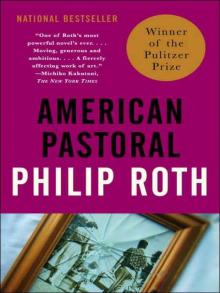 American Pastoral
American Pastoral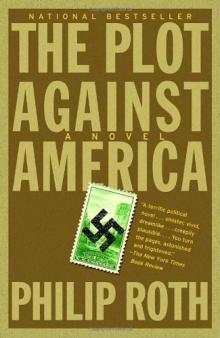 The plot against America
The plot against America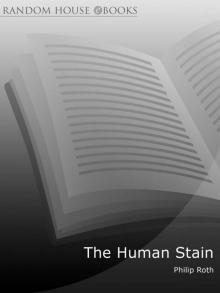 The Human Stain
The Human Stain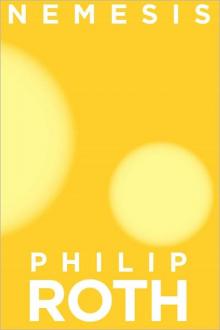 Nemesis n-4
Nemesis n-4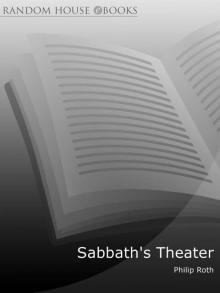 Sabbath’s Theater
Sabbath’s Theater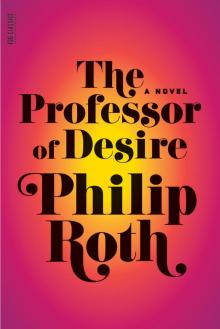 The Professor of Desire
The Professor of Desire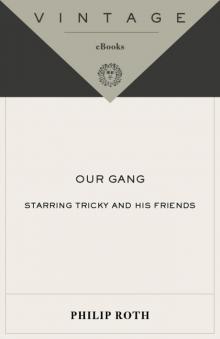 Our Gang
Our Gang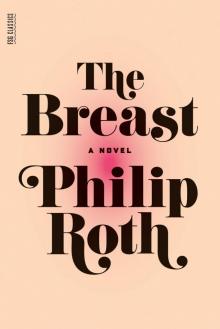 The Breast
The Breast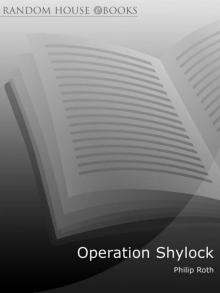 Operation Shylock
Operation Shylock The Dying Animal
The Dying Animal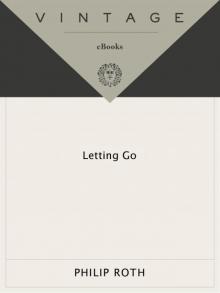 Letting Go
Letting Go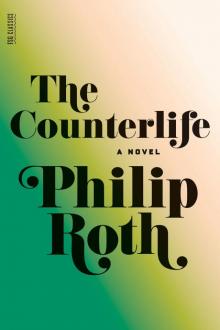 The Counterlife
The Counterlife Everyman
Everyman Nemesis
Nemesis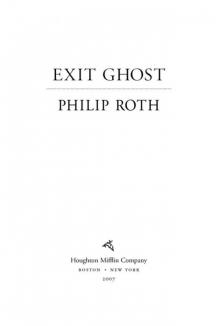 Exit Ghost
Exit Ghost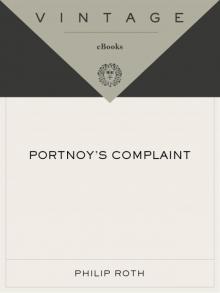 Portnoy's Complaint
Portnoy's Complaint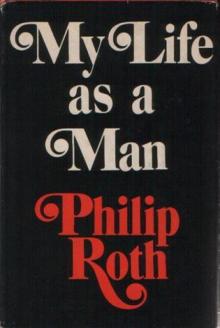 My Life as a Man
My Life as a Man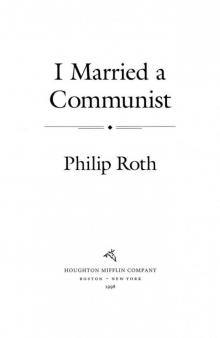 I Married a Communist
I Married a Communist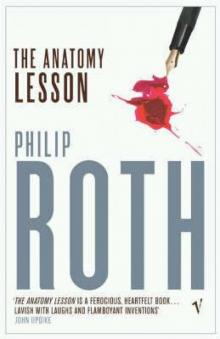 The Anatomy Lesson
The Anatomy Lesson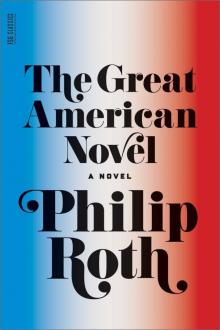 The Great American Novel
The Great American Novel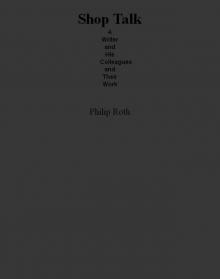 Shop Talk
Shop Talk The Humbling
The Humbling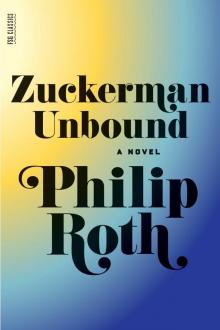 Zuckerman Unbound
Zuckerman Unbound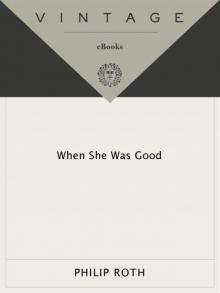 When She Was Good
When She Was Good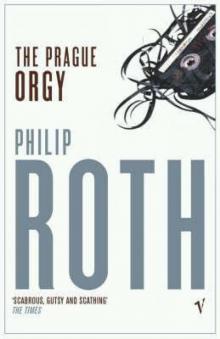 The Prague Orgy
The Prague Orgy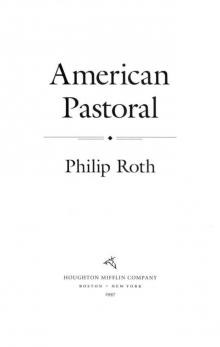 American Pastoral (Nathan Zuckerman)
American Pastoral (Nathan Zuckerman) Goodbye, Columbus
Goodbye, Columbus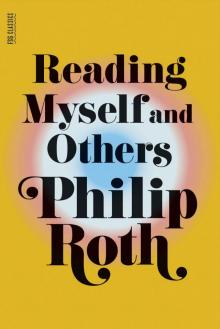 Reading Myself and Others
Reading Myself and Others